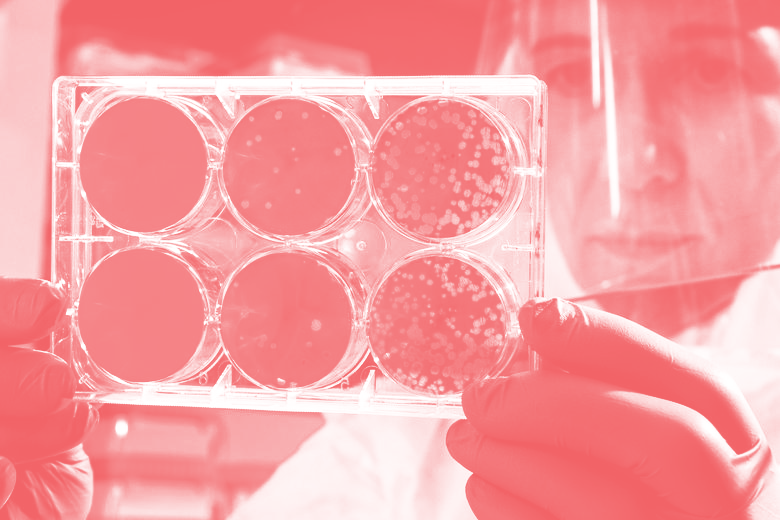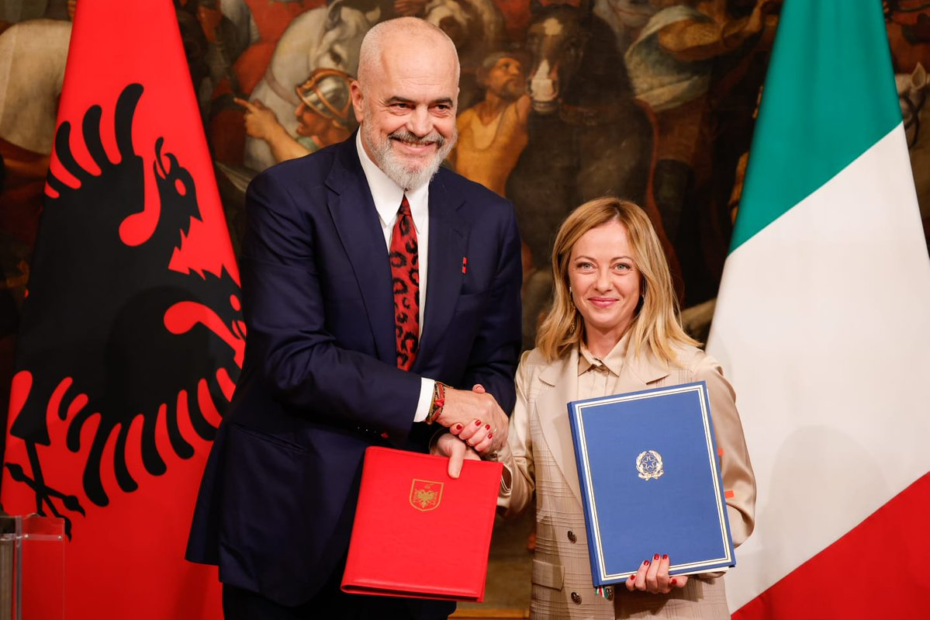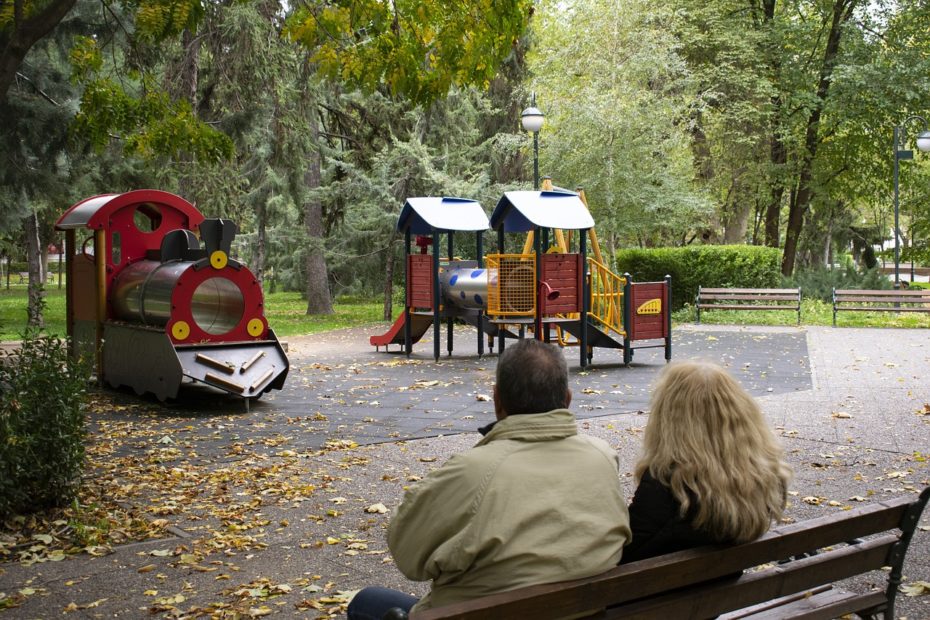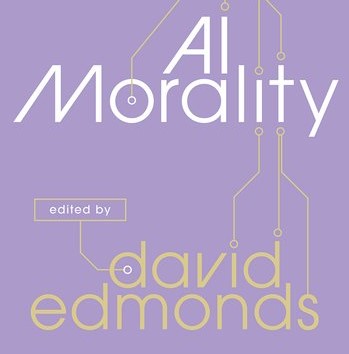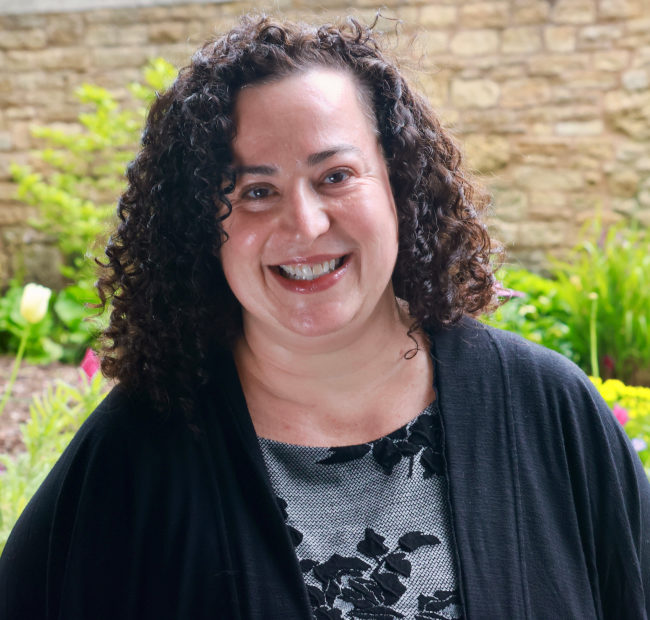Collective Responsibility and collective meeting of needs, and the question of Land redistribution in Zimbabwe
Written by Dr Dennis Masaka, Great Zimbabwe University and AfOx Fellow at the Uehiro Oxford Institute https://www.uehiro.ox.ac.uk/people/dr-dennis-masaka In my proposed work as an AfOx Fellow at Oxford, I seek to initiate a conversation around the way land redistribution has so far taken place in Zimbabwe. I will use the frameworks of collective responsibility and collective… Read More »Collective Responsibility and collective meeting of needs, and the question of Land redistribution in Zimbabwe

